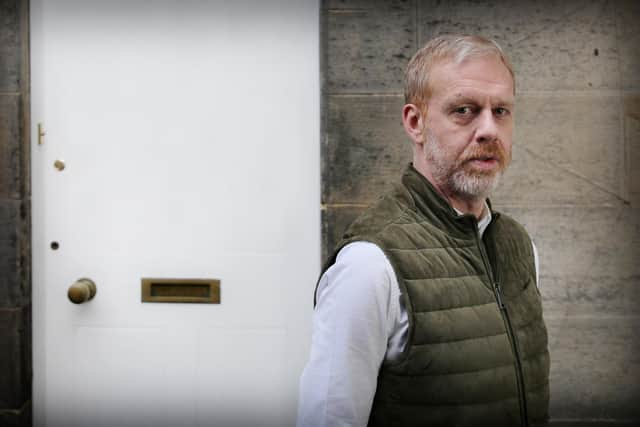Teaching the art of career PR - Nick Freer


With one such meeting in the diary this week, I always want to make sure I have something valuable to impart - even if it’s just a few instructive takeaways.
The thing about meeting people going into PR these days, is that most of them have studied media-related degrees at university. Back in the day, when I started with a financial PR firm in London, there weren't many, if any, of these kinds of courses around.
Advertisement
Hide AdAdvertisement
Hide AdAt that time, PR could be studied within broader marketing degrees, but I don’t remember anyone I worked with getting into the world of PR via that route. Most of my peers had studied economics, politics, or arts degrees, mainly at Oxbridge, or had got into PR through previous careers as investment analysts, fund managers, or journalists.


Having studied law at university in Scotland, I moved down south as a 22-year-old, and I remember feeling out of my depth on every front that first year - in terms of the day job, plugging into a new social scene, and really just the whole thing of living on my own and fending for myself in the big, bad city that is London.
Back at the PR firm, the on-the-job training consisted of being under the wing of a senior consultant, supporting him around client activity, attending client meetings and producing post-meeting action point notes.
The first consultant I worked under was a former army officer, and by jove did he put me through my paces, to the extent that I sometimes felt like I had signed up for a life in the forces. However, after the initial trauma of feeling like a young squaddie being bashed into shape by a drill sergeant with a threatening cane, I could see that his high discipline approach was bringing me on in leaps and bounds.
He used to tell me, “never leave a stone unturned” in respect of how we prepared for client announcements. In terms of the actual writing, because most of our clients were listed, or moving towards listings on the London Stock Exchange, the use of English in press releases had to be absolutely on the mark.
By way of one small example, I soon realised that using the term “strong” or “steady” in relation to a company’s revenue significantly changed how reporters and analysts received the news, and how the share price performed post-announcement.
Economy of language was key too, ensuring to cut back on too many descriptive words and adjectives. The consultant advised I read the Financial Times every morning, and would then quiz me on certain articles. That exercise alone turned me into a much better writer on business terminology and financials.
He was encouraging too, always pushing me to go out and meet as many journalists as possible, which in turn gave me more confidence to pick up the phone and speak to the press corps.
Advertisement
Hide AdAdvertisement
Hide AdHaving been in the industry for close to thirty years, I hope I can now pass on a few nuggets of PR wisdom myself - although I’m also sure these young pups can teach an old dog new tricks.
Nick Freer is the founding director of strategic communications agency the Freer Consultancy
Comments
Want to join the conversation? Please or to comment on this article.